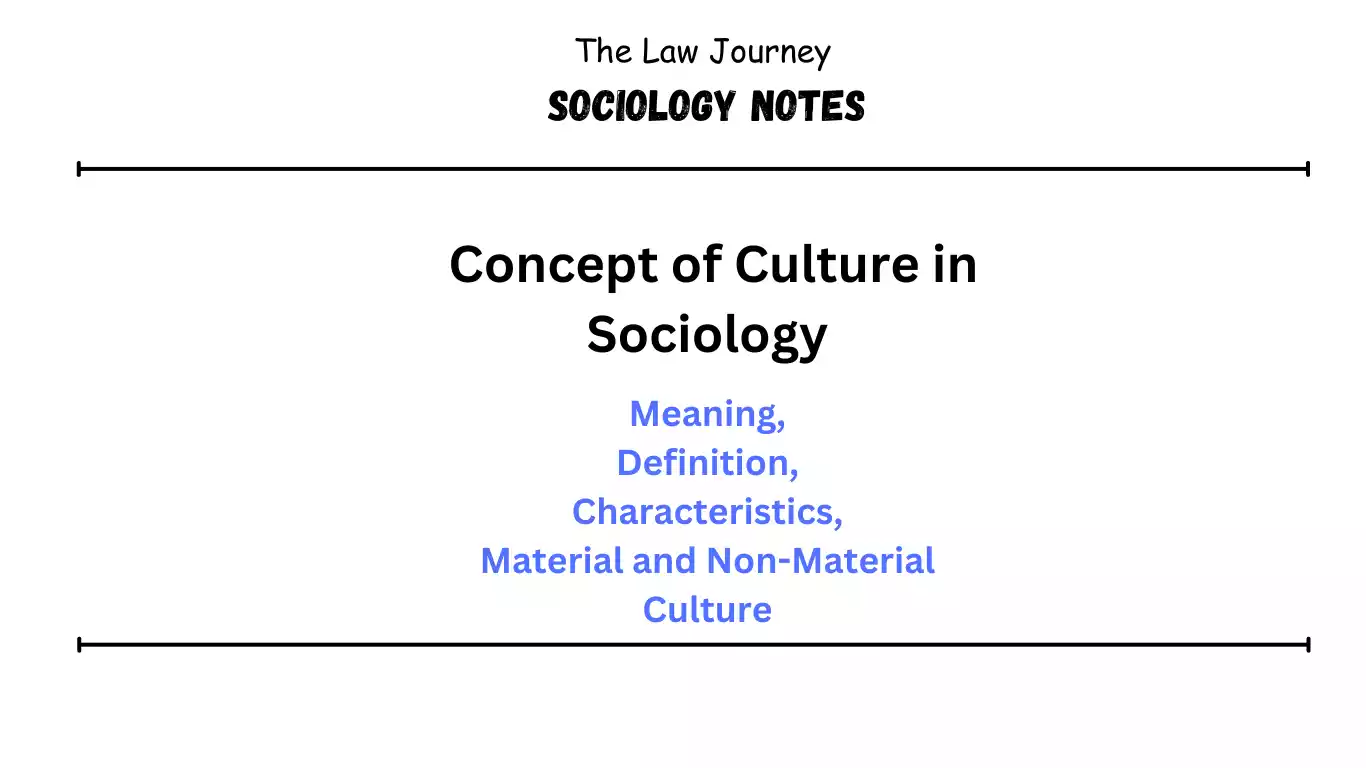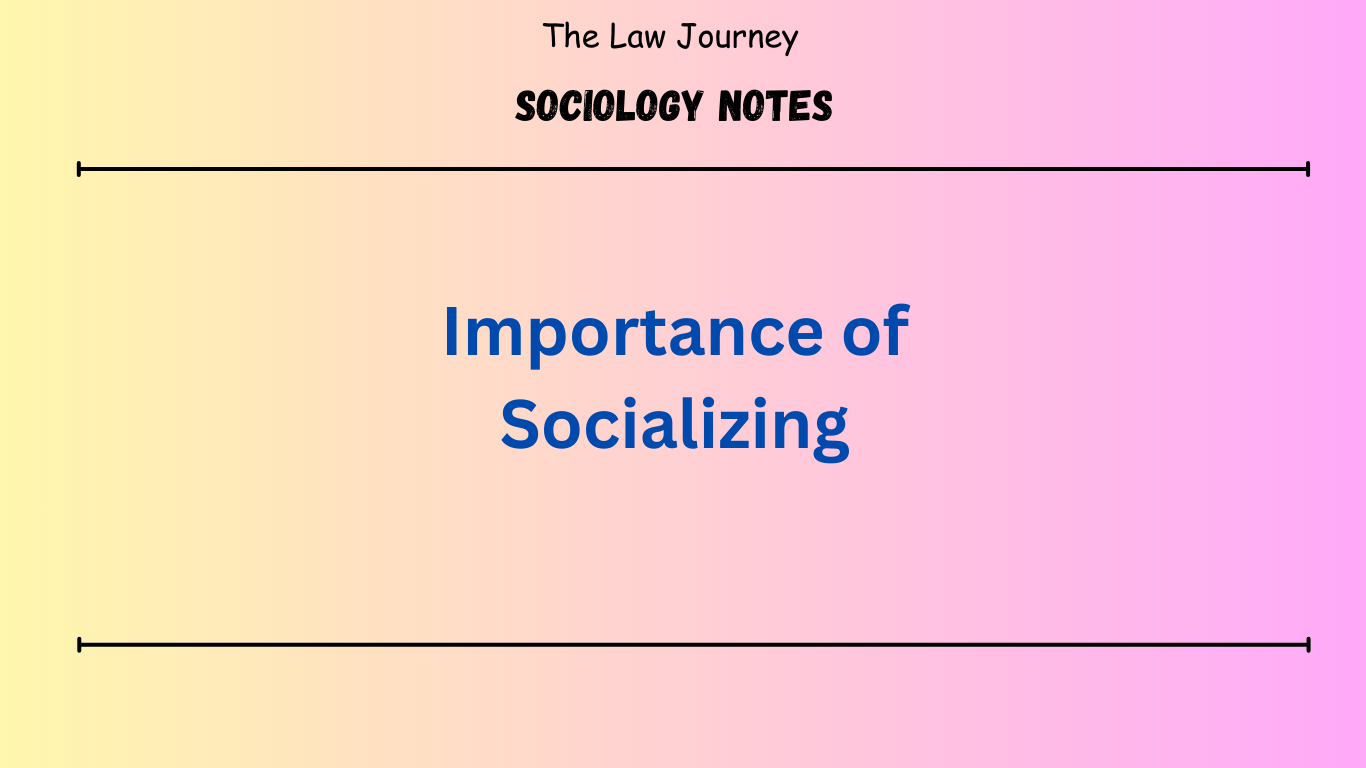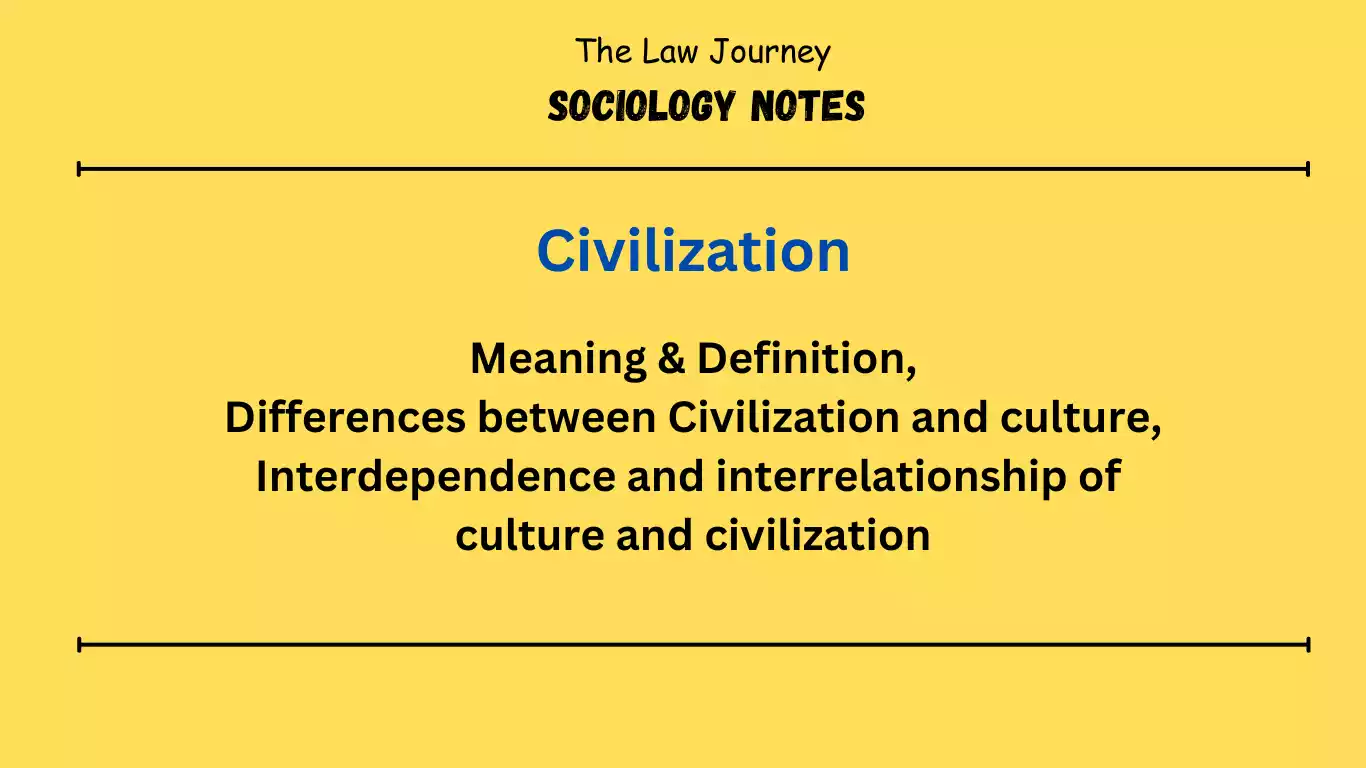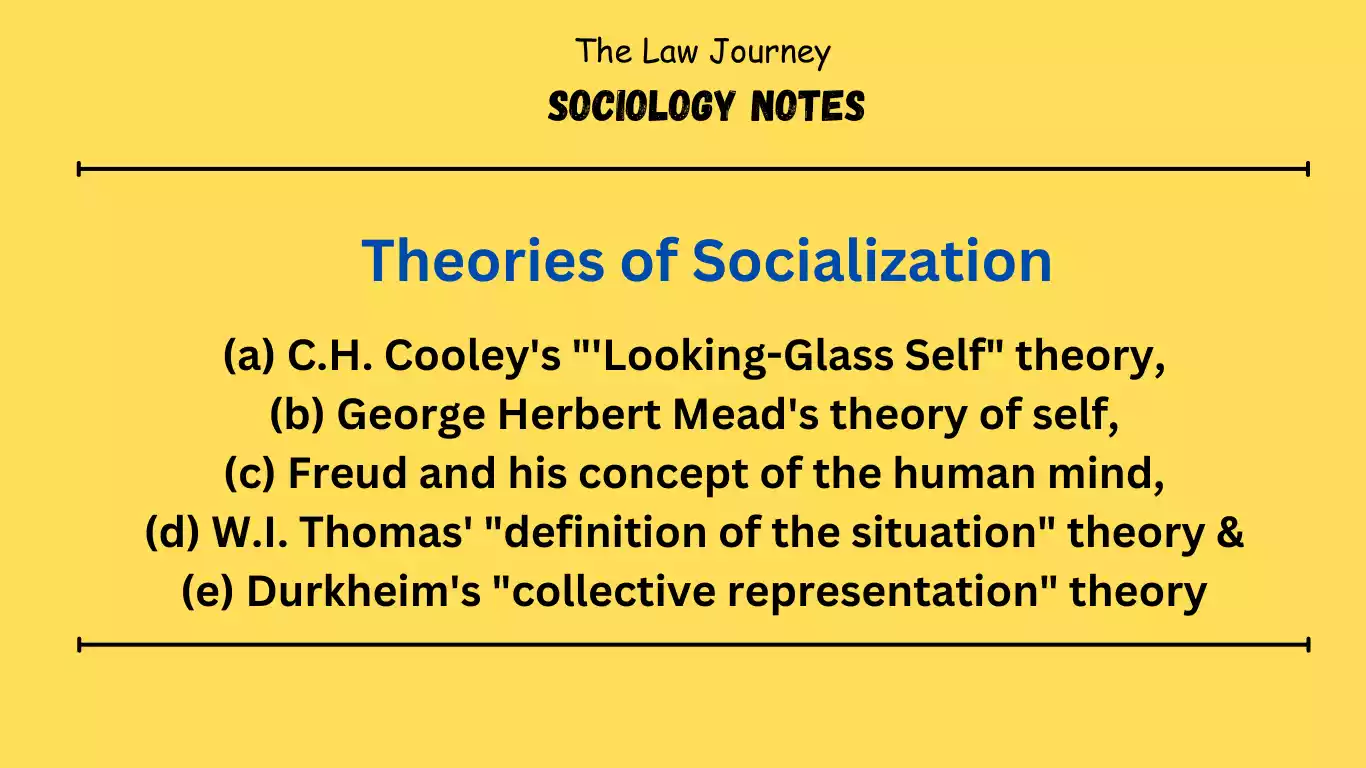Culture is one of the most important concepts in social science. Commonly used in psychology, political science, and economics. It is a key concept in anthropology and a fundamental concept in sociology. The study of human society leads us directly and inevitably to the study of its culture. The study of a society or any aspect of it will be incomplete without a proper understanding of that society’s culture. Culture and society are one in the same. They are inseparable.
Culture is unique to humans
Culture is a uniquely human property. It is one of the characteristics of human society. Culture does not exist at a subhuman level. Only humans are born and raised in a cultural environment. Other animals also live in their natural environment. To say that “all people are born into a society” is the same as saying that all people are born into a culture.
Therefore, the proverb Man is a social being'' can be redefined as Man is a cultural being.” Every person can be seen as a representative of their culture. Culture is the unique quality that distinguishes humans from lower animals. Culture is a very broad term that includes all areas of our life, behavior, philosophy and ethics, morals and manners, customs and traditions, religion, politics, economics, and other types of activity. Culture includes everything that people have acquired in their personal and social lives. In the words of McVar and Page, culture is “a realm of styles, values, emotional attachments, and intellectual adventures.” It is the totality of the “social heritage” that individuals receive from the group.
what is not culture
The word “culture” has various meanings and interpretations. Some of them are purely anti-social, if not outright wrong. Culture is often used as a synonym for education. Therefore, they use the term “cultural” to refer to an educated person or group, and the term “uncivilized” to refer to a person lacking or lacking in education.
The difference between educated people and uneducated people may also be related to personal sophistication. Possessing this trait indicates that a person knows how to behave in all social situations that they may encounter. The person or culture has good manners and good taste. Additionally, there may be a tendency to believe that a Bachelor of Arts degree has a “better” culture than other degrees. “Culture” in sociology does not mean personal sophistication. The sociological meaning of this word is completely different.
Historians use the word “culture” in a different sense to refer to collective life and the so-called “higher” achievements of a historical period. “Higher” achievements are understood to mean achievements in art, music, literature, philosophy, religion, and science.
Therefore, the cultural history of India would be an explanation of the historical achievements in these regions. The adjective “cultural” would distinguish this type of history from political history, industrial history, military history, etc. Again, sociologists never use the term culture in the sense of the so-called “higher” fruits of collective life, namely the arts. religion, philosophy, etc. Culture refers to “all” the fruits of collective life. Furthermore, culture and nationality are not necessarily synonymous.
However, in the modern world, nation-states have become the most powerful centripetal force in social organization. Social scientists treat modern nations as if they were cultural entities. But in reality, people of the same nationality can have different cultural characteristics, as is the case in India.
Definitions of culture
- B. Malinowski has defined culture as the ‘cumulative creation of man’. He also culture is the handiwork of man and the medium through which he achieves his ends.
- Graham Wallas, an English sociologist has defined culture as an accumulation of thoughts, values and objects; it is the social heritage acquired by us from preceding generations through learning, as distinguished from the biological heritage which is passed on to us automatically through the genes.
- C.C. North is of the opinion that culture ‘consists in the instruments constituted by man to assist him in satisfying his wants.’
- Edwurd B. Tvlor, a famous English anthropologist, has defined culture as ‘that complex whole which includes knowledge, belief, art, morals, law, custom, and any other capabilities and habits acquired by man as a member of society’. Tylor’s definition is widely quoted and used today.
- Robert Bierstedt is of the opinion that ‘culture is the complex whole that consists of all the ways we think and do everything we have as members of society’.
- E.V. de Roberty regards culture as ‘the body of thoughts and knowledge, both theoretical and practical, which only man can possess.’
Characteristics of Culture
The definitions cited above reveal several characteristics of culture. To clearly understand the concept of culture, it is necessary to know its basic characteristics.
Culture is something you learn
Culture is not biologically inherited, but is socially learned by people. It’s not an innate tendency. No such cultural instinct exists. Culture is often referred to as “learned behavior.” Unlearned behaviors such as eye closure during sleep and the blink reflex are purely physiological in nature and are not culturally determined. On the other hand, shaking hands, saying ‘namaskar’ or ‘thank you’, shaving and changing clothes are cultural. Similarly, getting dressed, combing your hair, wearing jewelry, cooking, drinking from a glass, eating from a plate or from a leaf, reading a newspaper, driving a car, etc. Examples include acting out a role in a drama, singing, and worship. All the behaviors that humans have learned culturally.
Culture is social Culture
does not exist in isolation. Nor is it an isolated phenomenon. It is a product of society. It arises and develops through social interaction. It is also shared by working people. No one can acquire culture without contact with others. Humans only become human within humans. It is a culture that helps humans develop human qualities in a human environment. The deprivation of society, or the deprivation of relationships with others and individuals, is nothing but the deprivation of human qualities.
Culture is shared
Culture in the sociological sense is general. It is not something that can be owned by individuals alone. For example, customs, traditions, beliefs, ways of thinking, values, and morals are shared by people in a group or society. Arya Bhatta and Albert Einstein’s invention, “Charaka”
Charles Darwin; Literary works of Kalidasa, Keats, Dandy and Dante. The philosophical works of Confucius, Laozi, Shankaracharya, and Swami Vivekananda. All the artworks of Ravi Verma and Raphacl are shared by many people. “Culture is something adopted, used, believed, practiced, or possessed by a plurality of people.” Its existence depends on collective living. (Robert Bierstedt).
Culture is Transmissive
Culture can be passed down from generation to generation. Parents pass on cultural traits to their children, who in turn pass them on to their children. Culture is transmitted through language, not genes. Language is the most important medium of culture. Language in its various forms, such as reading, writing, and speaking, allows the current generation to understand the achievements of previous generations. But language itself is part of culture. As soon as a language is acquired, it develops a wide field for the individual. Cultural transmission occurs through both imitation and instruction.
Culture is continuous and cumulative
Culture exists as a continuous process. It tends to be cumulative in historical growth. Culture is a “growing whole” that combines past and present achievements and provides provision for humanity’s future achievements. “Culture can therefore be imagined as a kind of flow that flows from generation to generation over centuries.” Some sociologists, such as Linton, therefore called culture the “social heritage” of humanity. As Robert Bierstedt writes, culture is “the memory of humanity.” It is difficult to imagine what society would be like without this cultural accumulation, and what our lives would be like without it.
Culture is consistent and integrated
In its development, culture shows a tendency towards consistency. At the same time, different parts of culture are interconnected. For example, a society’s value system is closely related to other aspects such as morality, religion, customs, traditions, and beliefs.
Culture is dynamic and adaptable
Cultures are relatively stable, but not completely static. Change is always possible, albeit slowly. Culture has the potential for change and growth. If we compare modern Indian culture with that of the Vedic period, we find that it has undergone remarkable development. Therefore, culture is dynamic. Culture responds to changing conditions in the physical world. Adaptable. They also intervene in the natural environment and support human adaptation processes. Just as our homes protect us from storms, our culture also protects us from natural disasters and helps us survive. In fact, very few people can live without culture.
Culture is fun
Culture provides appropriate opportunities and prescribes the means to meet our needs and desires. These needs can be biological or social. For example, our needs for food, clothing, shelter, status, fame, prestige, money, friends, etc. are all satisfied according to cultural customs. Culture determines and guides a variety of human activities. In fact, culture is defined as the process by which people meet their needs.
Culture differs from society to society
Every society has its own culture. It varies from society to society. The culture of every society is unique. Culture is not homogeneous. Cultural elements such as customs, traditions, morals, ideals, values, ideologies, beliefs, practices, philosophies, and institutions are not uniform everywhere. Societies vary greatly in how they eat, speak, greet, dress, entertain, and live their lives. Culture also changes over time. No culture ever remains constant or unchanging. If Manu were to come back to learn about today’s Indian society, he would be amazed to see the tremendous changes that are taking place in our culture.
what a culture contents ?
Every society has its own culture. Therefore, people in different societies around the world have different cultures. These cultures are not only diverse but also unequal. In addition to the cultural differences and inequalities found in societies around the world, we also observe certain cultural similarities. People may worship different gods in different ways, but all have religions.
They all have different jobs, but they all make a living. Although the contents of rituals, rituals, and customs vary, every country has some kind of rituals, rituals, and customs. All cultures are made up of these intangible things. Similarly, people in any society possess different kinds of materials, and these materials can be primitive or modern, simple or complex in nature. There may be cases. These tangible and intangible components of culture are often referred to as “cultural content.”
Many sociologists classify the content of culture into broad components: “material culture” and “non-material culture.” Ogburn even used this distinction as the basis for his theory of cultural change. As Robert Bierstedt has pointed out, the concept of “material culture” is relatively precise and less ambiguous. However, the concept of intangible culture is even more vague and unclear. This is used as the “residual category” and means “everything that is not material.”
Material and Non-Material Culture
(i) Material culture
Material culture consists of tools, equipment, furniture, man-made objects such as cars, buildings, dams, roads, bridges, and indeed physical materials that have been modified and used by humans. This relates to exterior products, mechanical products, and daily necessities. This includes technical and material equipment such as printing presses, locomotives, telephones, televisions, tractors, machine guns, etc. This includes banks, parliaments, insurance systems, monetary systems, etc. This is called civilization.
(ii) Non-Material Culture
“Culture” in the usual sense means “Non-Material Culture.” It is something internal and intrinsically valuable that reflects a person’s inner nature. Intangible culture consists of the words and languages that people use, the beliefs that people hold, the values and virtues that people cherish, the customs that people follow, the rituals and practices that people practice, and the rituals that people follow. This includes our habits, preferences, attitudes and views – how we act, feel and think.
Related Post
- Concept of Social Groups in Sociology
- RTI notes
- Political Notes
- law project maker
- Legal History Notes
- Law of Torts notes
- moot court memorial maker
what is culture ?
culture as an accumulation of thoughts, values and objects; it is the social heritage acquired by us from preceding generations through learning, as distinguished from the biological heritage which is passed on to us automatically through the genes.
what is Material culture ?
Material culture consists of tools, equipment, furniture, man-made objects such as cars, buildings, dams, roads, bridges, and indeed physical materials that have been modified and used by humans. This relates to exterior products, mechanical products, and daily necessities.
what is Non-Material Culture ?
It is something internal and intrinsically valuable that reflects a person’s inner nature. Intangible culture consists of the words and languages that people use, the beliefs that people hold, the values and virtues that people cherish, the customs that people follow, the rituals and practices that people practice, and the rituals that people follow. This includes our habits, preferences, attitudes and views – how we act, feel and think.
Reference Books
- Social Change in Modern India by M N Srinivas
- Sociological Theory by George Ritzer
- C.N. Shankar Rao – Principle of sociology with an introduction to social thoughts
- A Dictionary of Sociology by John Scott
- Handbook of Indian Sociology by Veena Das
- Introduction to Sociology by Anthony Giddens

















